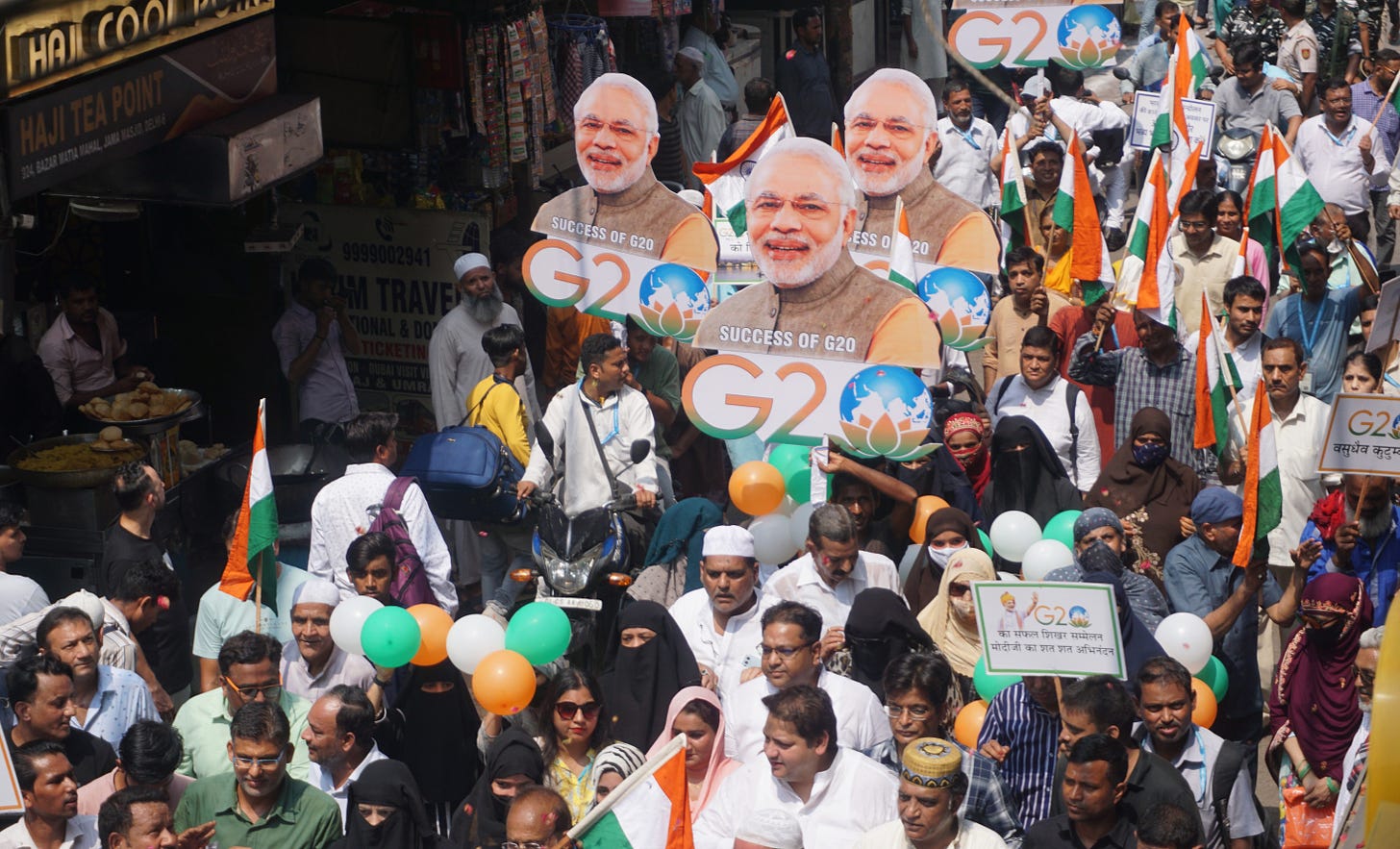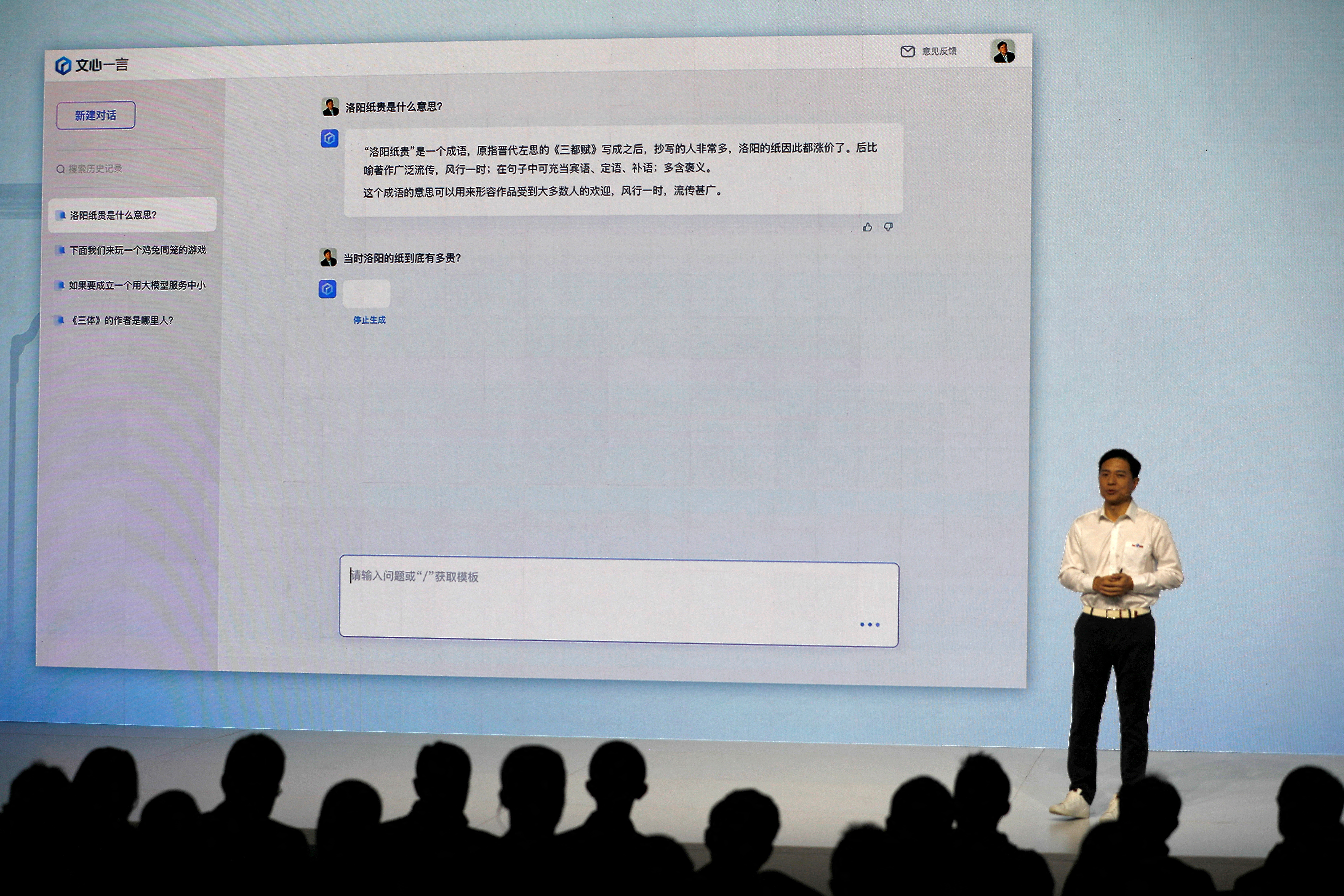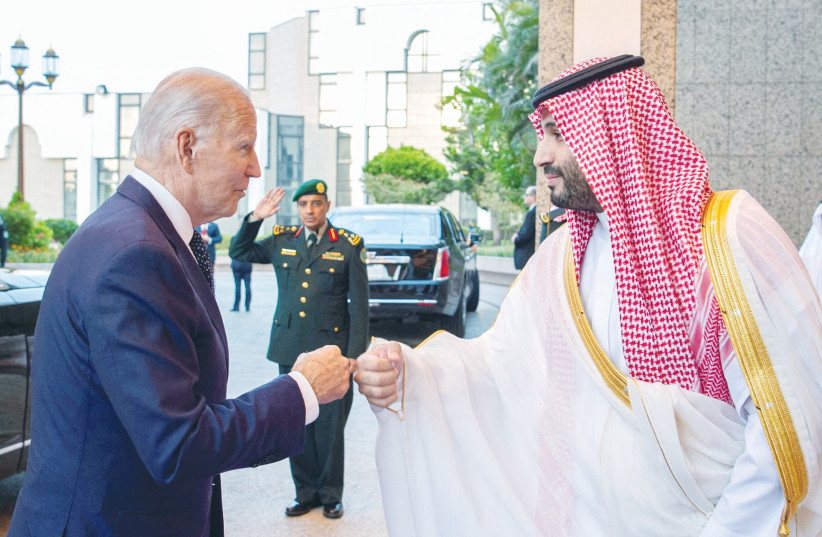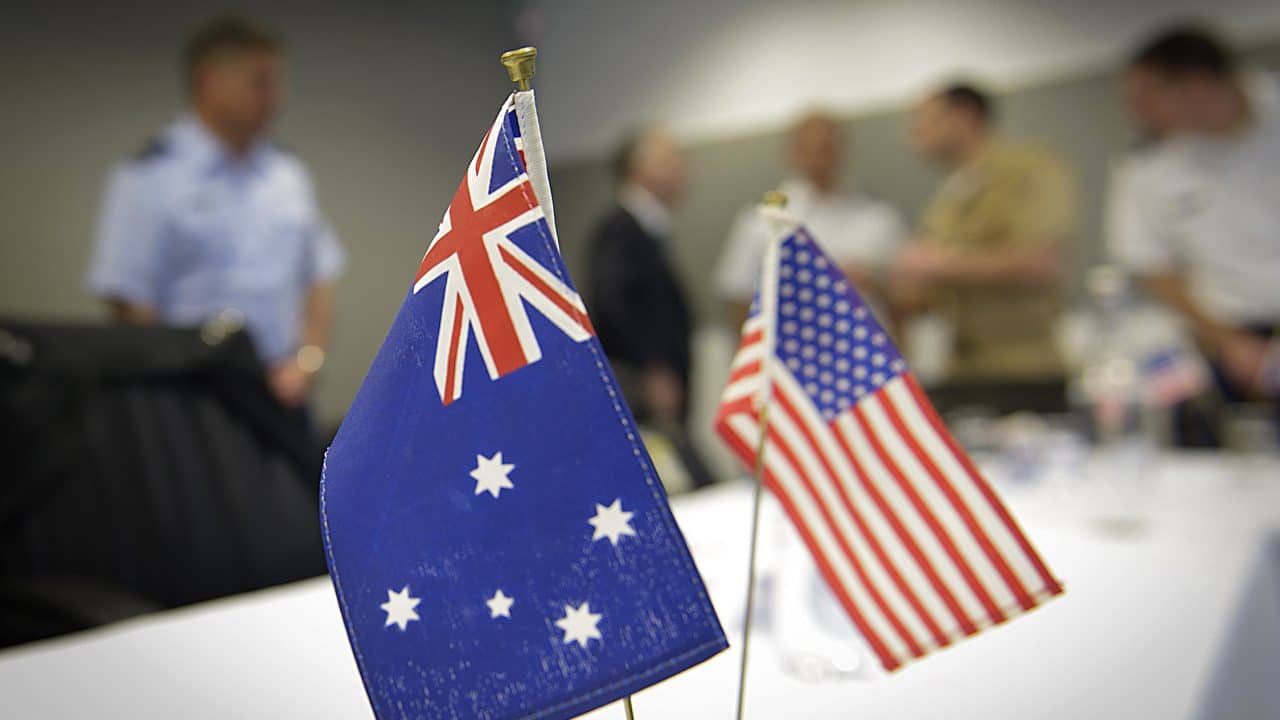DEBASISH ROY CHOWDHURY

“In India I found a race of mortals living upon the earth, but not adhering to it. Inhabiting cities, but not being fixed to them. Possessing everything, but possessed by nothing.”
This is how the first-century Greek philosopher Apollonius Tyanaeus is claimed to have described India. On the surface, the imputed ethos of universalism was on show in the expansive slogan of “One Earth, One Family, One Future” for the mega G-20 summit, hosted by India, that ended last week. With a jazzed-up capital city, gaudy laser lighting, brand new public installations, and gold-plated tableware for the attendants, Prime Minister Narendra Modi’s big fat Indian G-20 meeting was a coming-out party of sorts for India as a world power. Modi’s eagerness is understandable—and not just because the next election is round the corner. India’s economy today is roughly the same size as China’s was in 2007, the year before it hosted its own coming out party, the Beijing Olympics.
But India’s self-belief as the country of the future is painfully at odds with its state-led obsession with the past. All the pomp and pageantry designed to project India’s new identity as a visvaguru (“teacher to the world,” in Modispeak) could not hide the many identity wars triggered by a surge of nativism in the country. If anything, they were spotlighted like never before by the G-20 event.











